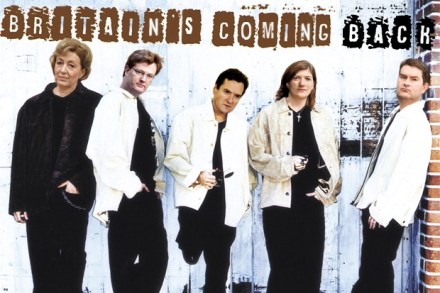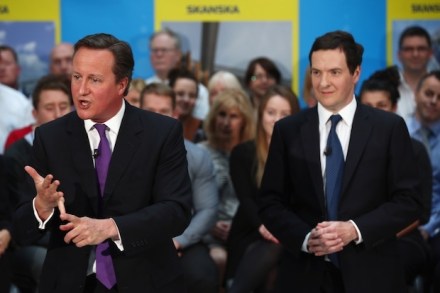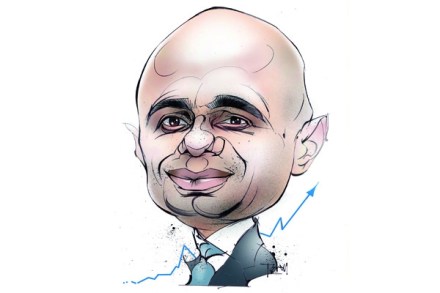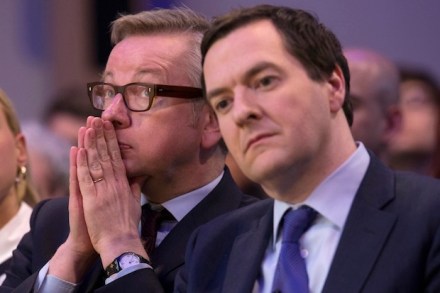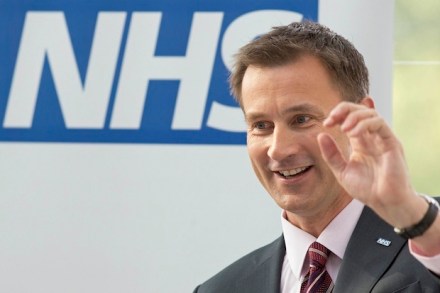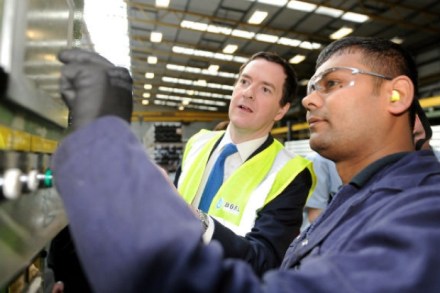Podcast: the gilded generation, one year countdown to the election and rise of the bores
Is it fair to describe today’s youth as the ‘gilded generation’? On this week’s View from 22 podcast, James Delingpole discusses this week’s Spectator cover feature with The Economist’s Daniel Knowles. With rising house prices, increasing levels of debts and a highly competitive jobs market, is the notion that the young have never had it so good a myth? Were things better for young people in the 1970s? And will today’s young generation witness a fall in living standards, compared to their elders? James Forsyth and Isabel Hardman also look forward to the general election, which is exactly one year today. At this stage, who is looking most likely to ‘win’, whether it is another coalition or being the






